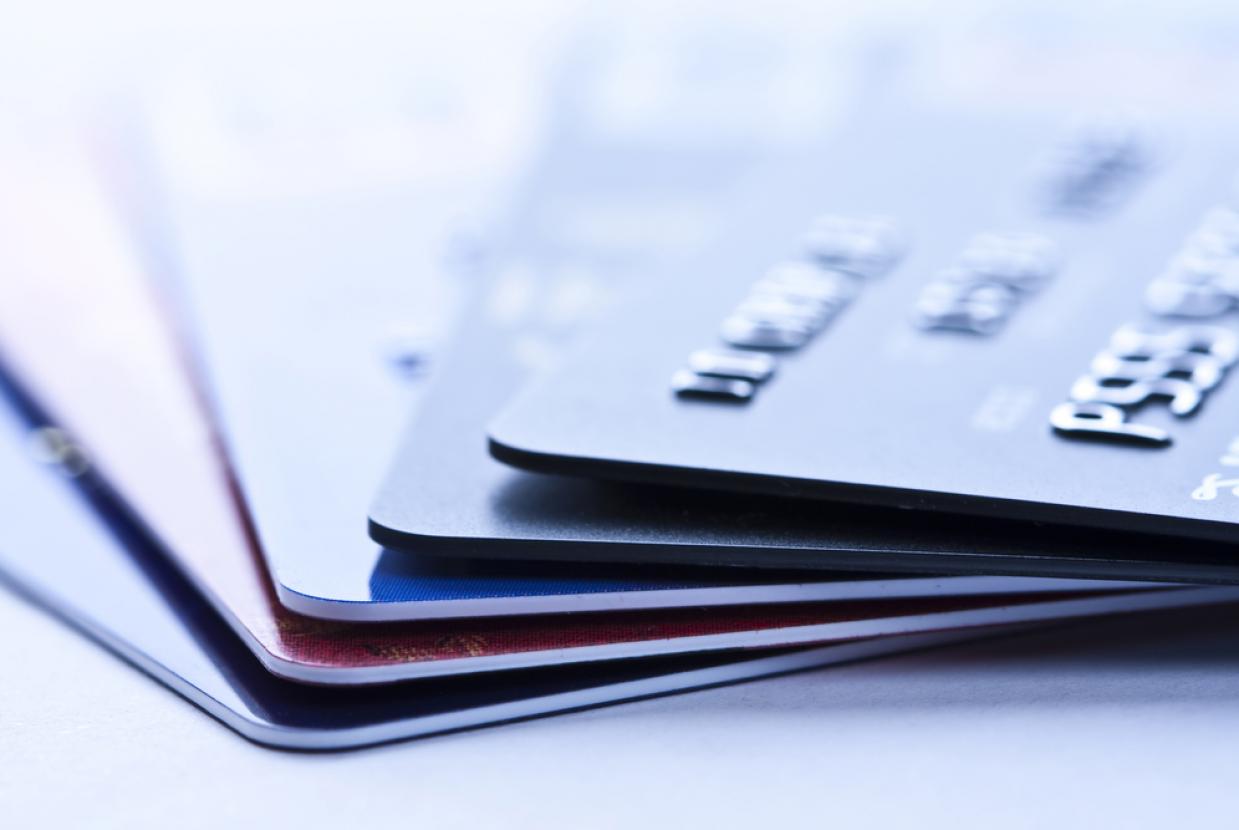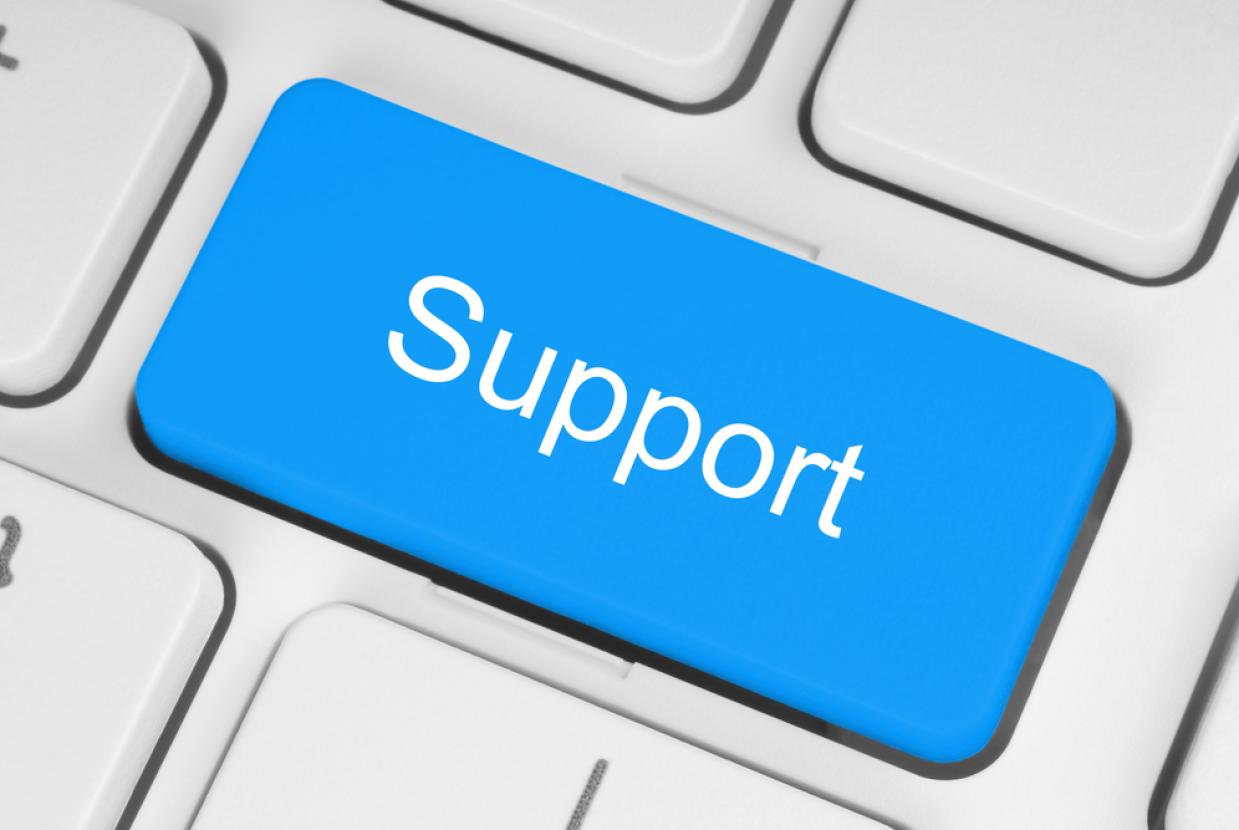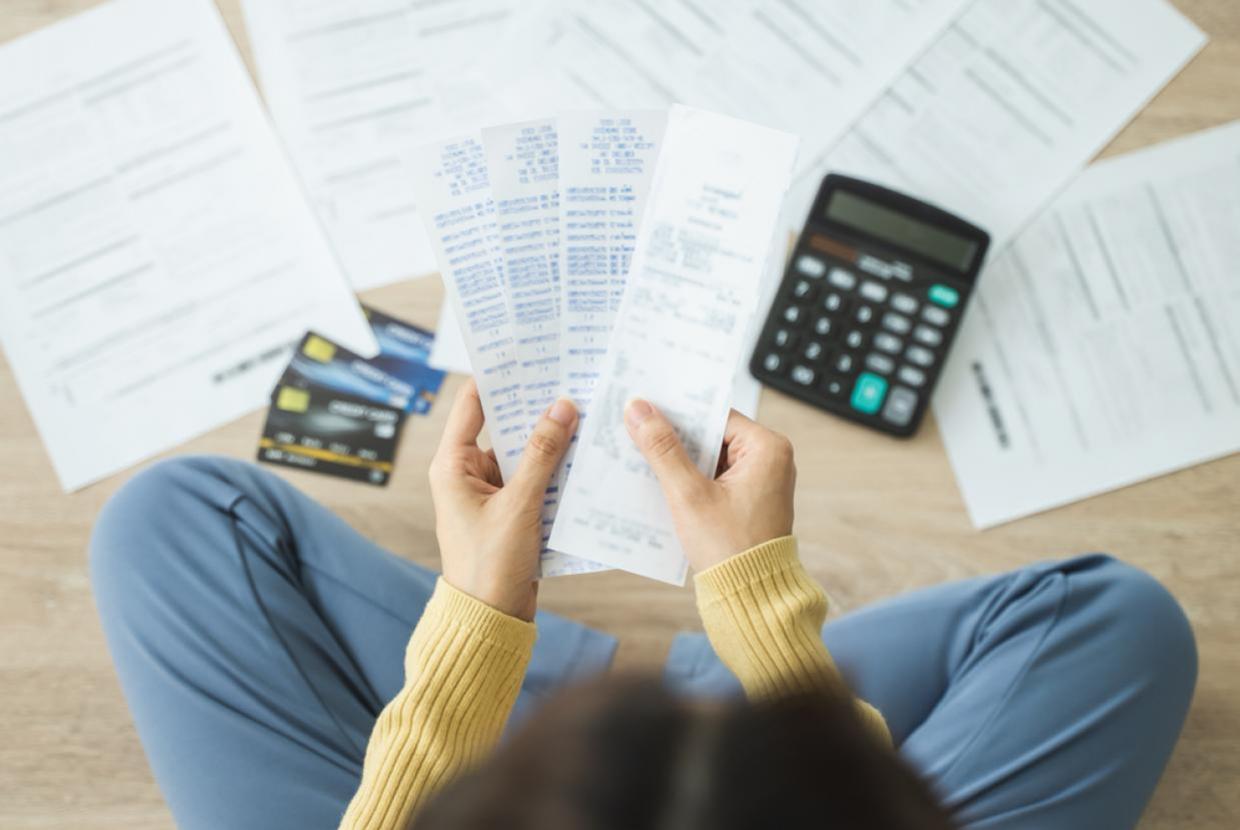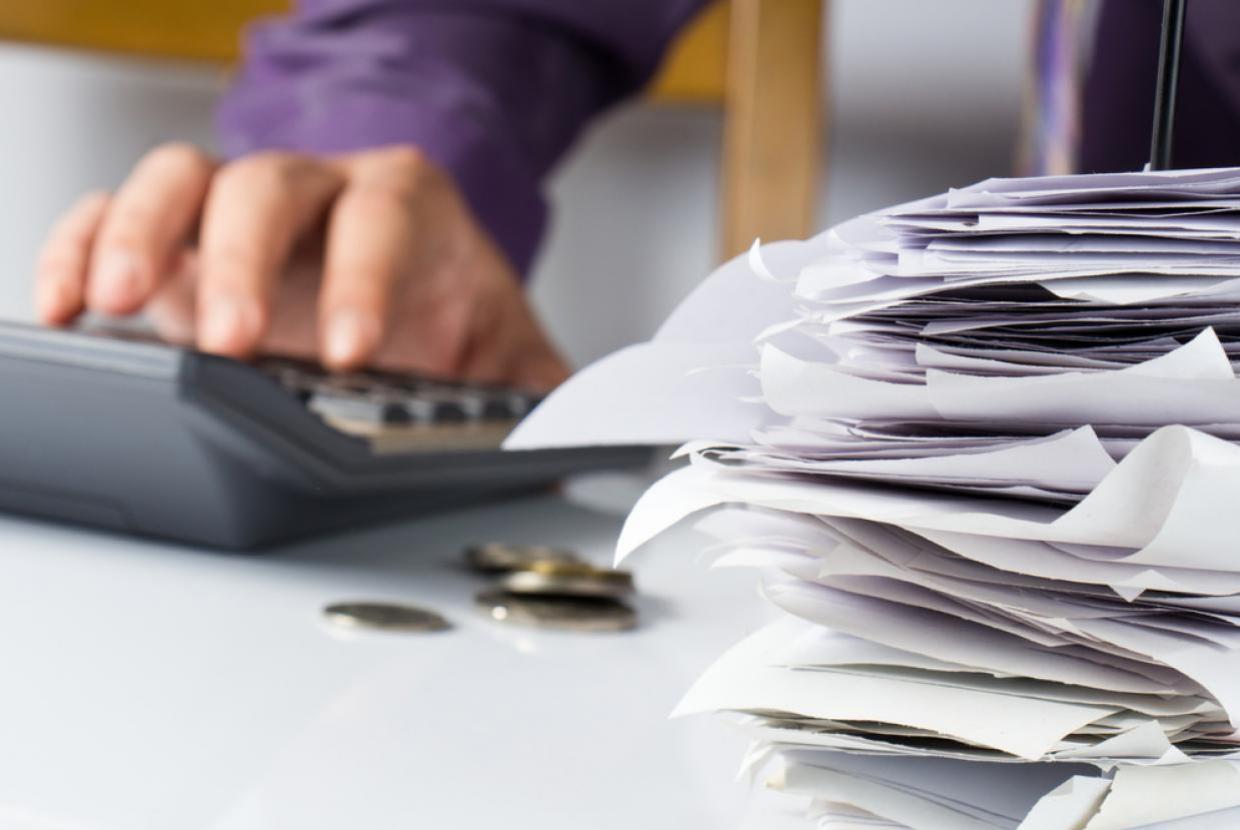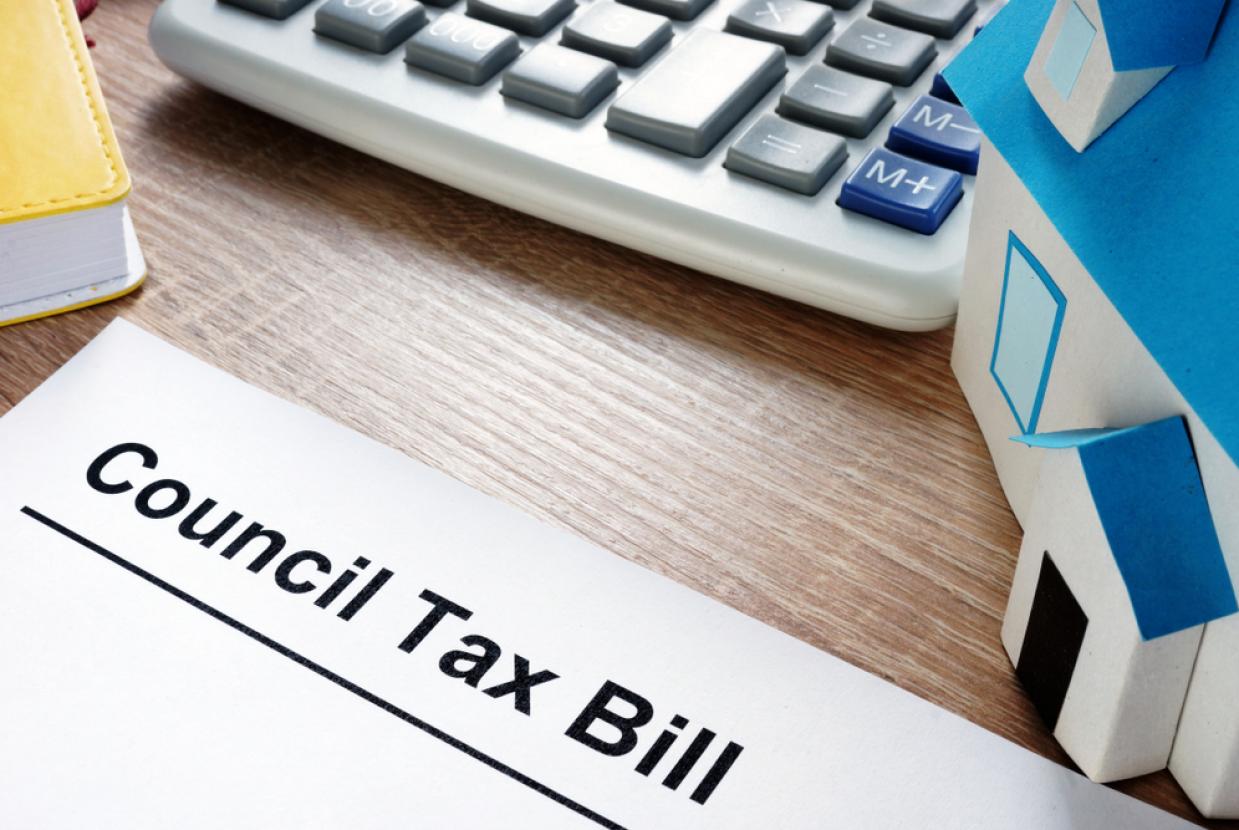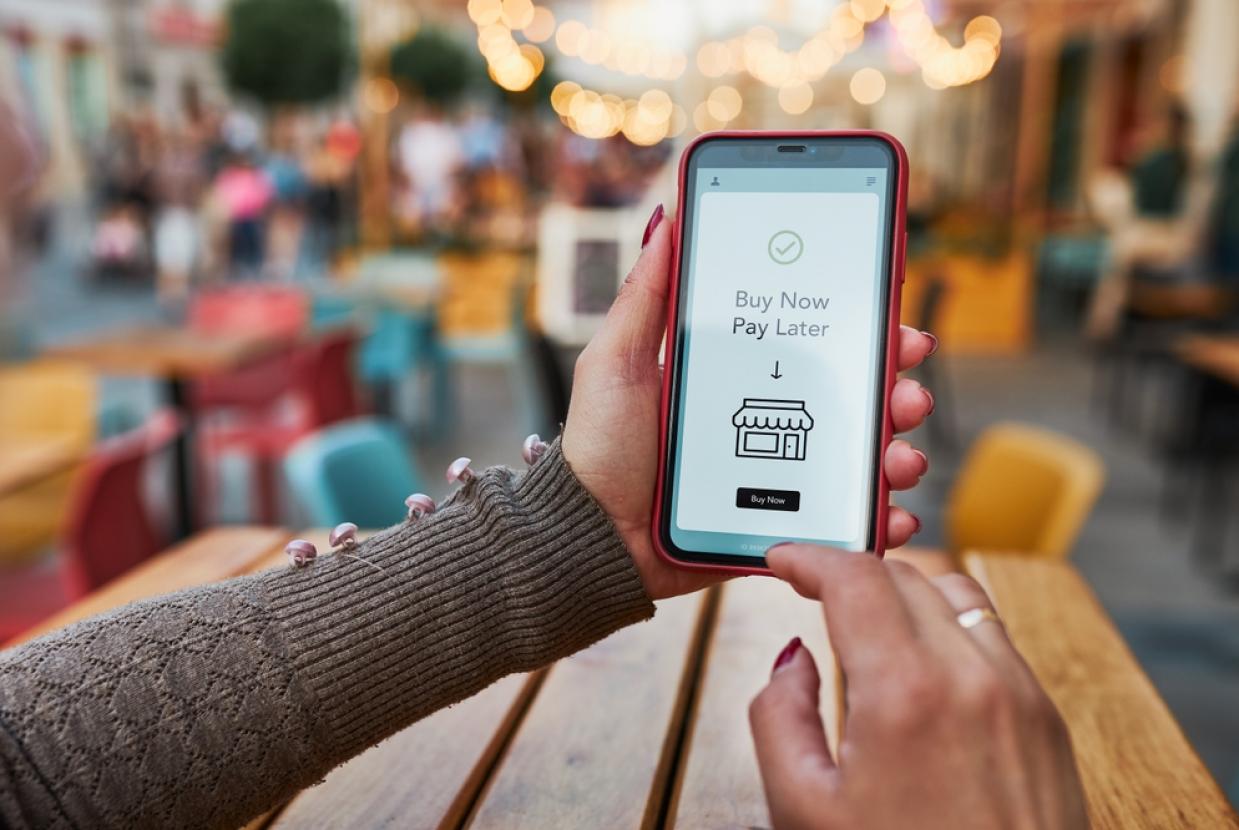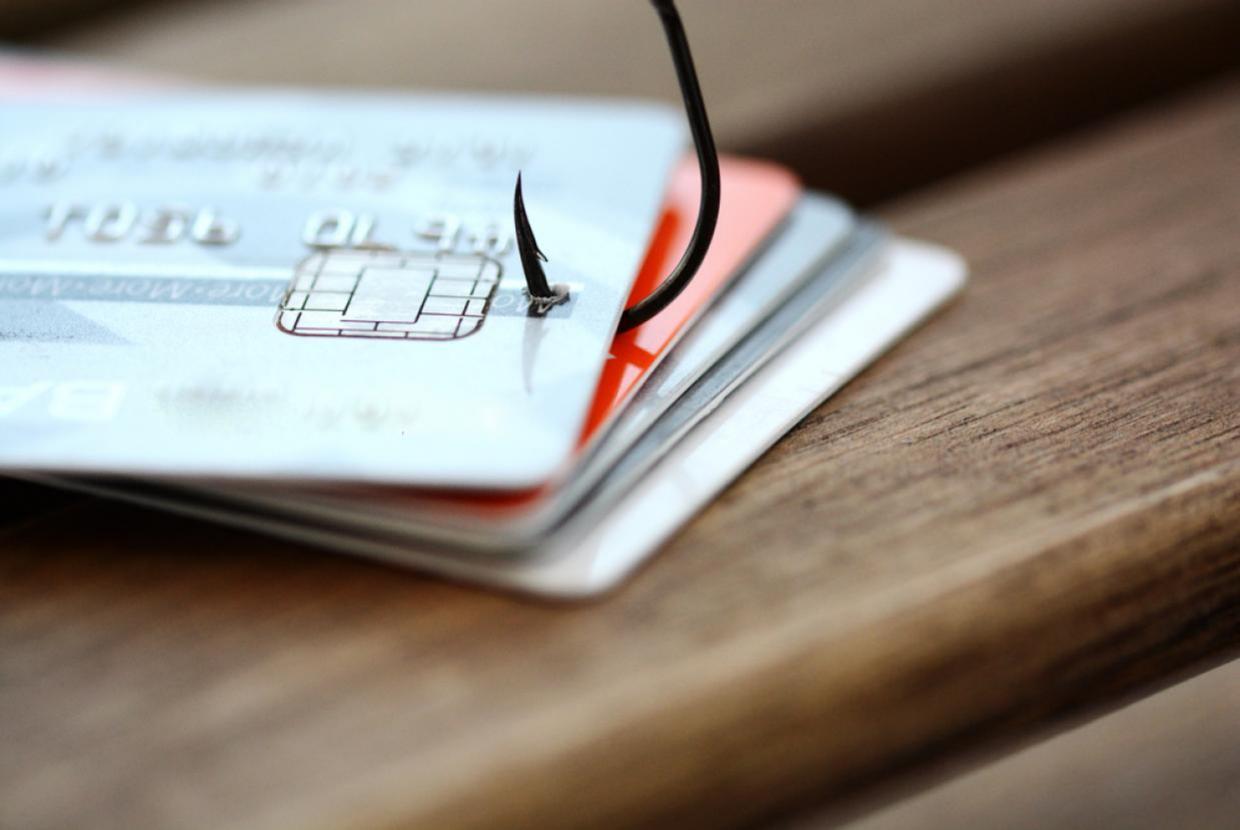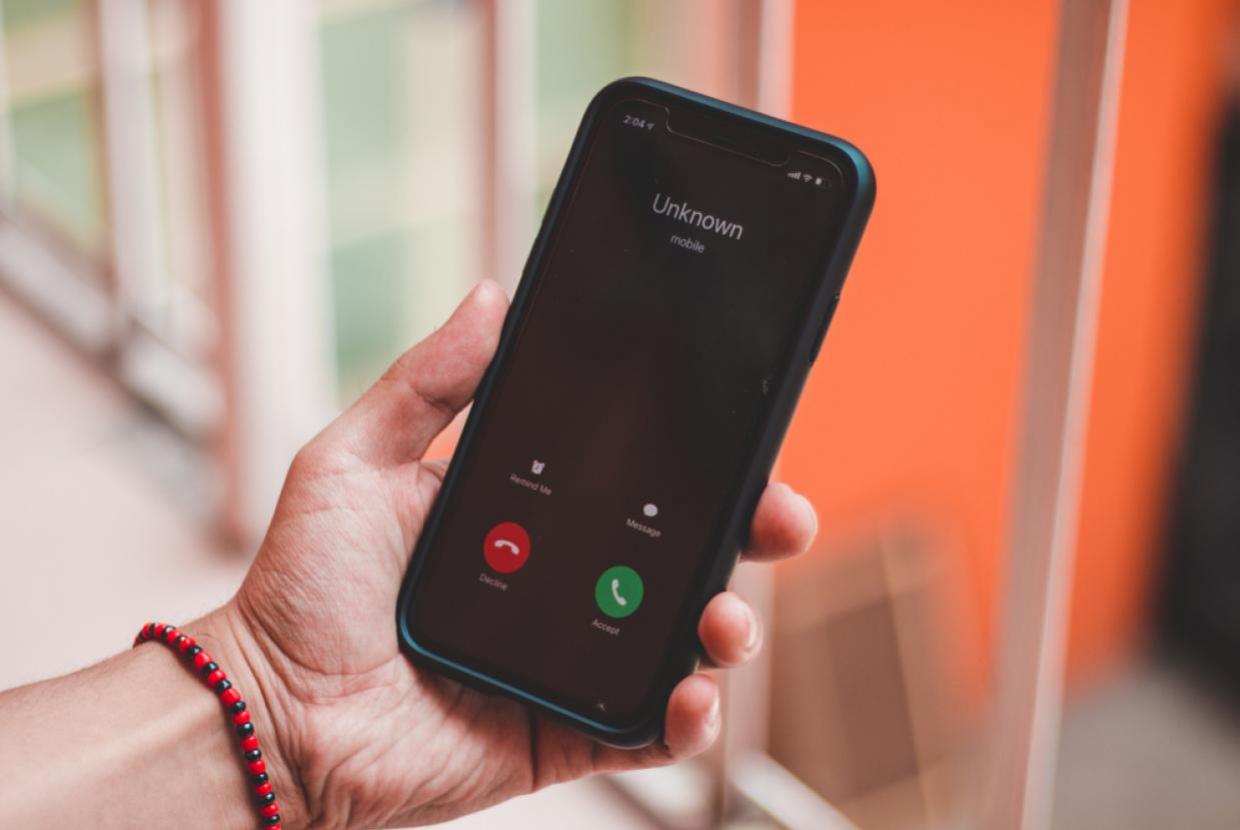Managing Your Credit Card Bills
Paying back your credit and store card debt faster could save you a lot of money. However, you need to look at your whole financial situation before you decide the best approach.
If you have overspent but aren’t in debt
If you have been spending more than you should and are juggling two or more types of borrowing, such as credit cards, store cards, personal loans or overdrafts, it’s a good idea to get things back under control before you get into debt. You need to review how you’re using your cards and concentrate on ways to get the balances down.
Credit cards require you to pay off a minimum amount every month. This can be as low as 2% of the outstanding balance, but can also be expressed as a ‘£’ figure.
Paying more than the minimum payment
Paying the minimum amount each month can make it feel like what you owe on your card is affordable.
But this can be a bad idea. If you don’t pay off your balance at the end of the month, and you’re not in a 0% introductory period, you’ll have to pay interest on your outstanding balance. The interest rate on credit and store cards can be a lot higher than for a personal loan.
Even if you’re on a 0% rate for an introductory period, paying only the minimum each month will make only a small impact on your debt. And it could take a long time, and cost a lot, to repay the balance even if you don’t carry on spending.
Also, if you make only minimum repayments, this will show up on your credit file. Other companies might assume you’re struggling and will be more reluctant to lend you money.
This could even affect your chance of getting a mortgage in the future. Always try to repay as much as you can. Even if you only increase it by a small amount each month, it can make a huge difference.
Credit card providers are obliged to contact and encourage people who have made very low or minimum payments on their credit cards for the past 18 months. This is where you have paid more in interest, fees and charges than what you have paid back to get the balance down on your credit card.
Lenders are required to suggest higher affordable repayments. If you don’t respond, or ignore the issue, and the situation persists for more than 36 months this could lead to your account being suspended. Your creditor could also take enforcement action against you. If you start missing any payments on credit or store cards, it’s time to think about getting debt advice.
Pay the most expensive card first
If you have store cards, they’ll probably be more expensive than credit card debts. So it’s important to make sure you pay the store cards off first.
Credit cards also charge varying rates of interest. You can find the rate on your credit card statement. Out of all your cards, pay the most on the one with the highest interest rate first. This will vary depending on what kind of balances you have on the card – purchases, balance transfers or cash withdrawals.
Make sure you pay at least the minimum payment on all your cards, otherwise you’ll face charges and damage your credit rating.
Repay your cards with savings
Use your savings to repay expensive card debts, unless you have more urgent priority debts. You might lose interest on your savings, but this will be less than what you’re likely to pay in interest on what you borrow.
Be careful how you use your cards
The information below applies to all your credit cards:
- Make at least the minimum repayment every month, even if you have a 0% deal. Otherwise, you’ll pay penalties and could lose your 0% deal. But pay as much as you can to stop the debts mounting up.
- Set up a Direct Debit to make sure you never miss a payment. You can set it up for any amount you want, but make sure it’s for more than the minimum repayment.
- Check for any important changes in every statement and letter your lender sends you, such as an increase in your interest rate. Also check your statements to make sure all the spending is definitely yours.
- Don’t use your card for cash withdrawals or credit card cheques. You’ll be charged fees and higher interest for the whole period until you pay it off.
- If you have a 0% balance transfer credit card, avoid spending on it. Any purchases you make will usually not be included in the 0% deal offer. So you’ll be paying interest on those purchases if you don’t pay them off in full by the end of the month.
If you want to reduce borrowing on your credit or store cards and are worried about debts
If you have got other debts or want to reduce your credit card balances and are worried that you might miss repayments and fall into debt, it is best to talk to a debt adviser before you try any of the ways we have suggested here.
Treating creditors fairly
If you have missed payments on more than one type of borrowing and have spare money to start paying them off. Anything you can afford to pay towards your debts might be best shared out fairly between your creditors.
It’s important you do this because if you don’t manage to keep up with repayments and need to find a formal debt solution, you might not be able to enter into some arrangements, (such as bankruptcy or a debt relief order) if you have prioritised paying money back to certain creditors over others.
It’s a good idea to talk to a debt adviser first before you agree to make payments to people you owe money to make sure you are doing the right thing.
Get free advice about dealing with debts
If you need more support or don’t know where to start paying off debts, you’re not alone.
Nearly half of people in debt told us they aren’t sure about the best way to pay off their debts, and that is where a debt adviser can really help you. make the right decisions so most of your money will go to paying off your debts. This means you could be debt-free sooner than you thought.
A debt adviser will:
- treat everything you say in confidence
- never judge you or make you feel bad about your situation
- suggest ways of dealing with debts that you might not know about
- check you have applied for all the benefits and entitlements available to you
- always make sure you are comfortable with your decision.
Three quarters of people who get debt advice feel more in control of their finances afterwards


